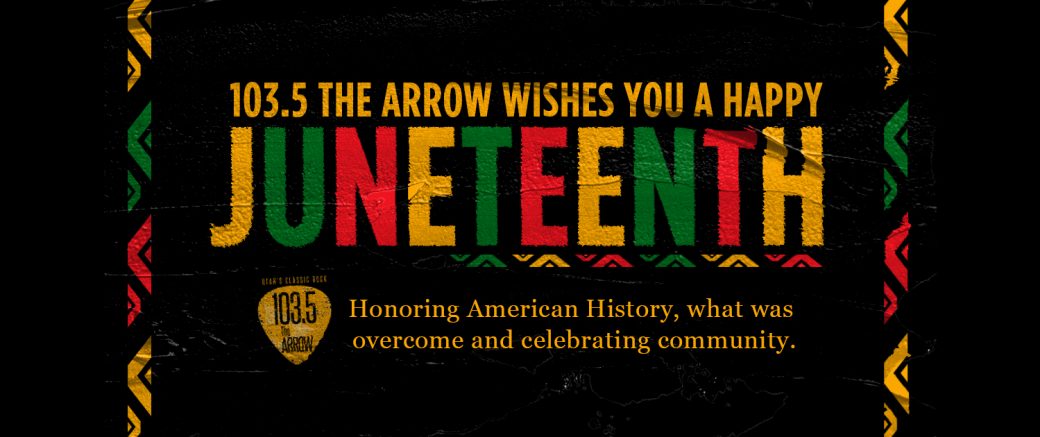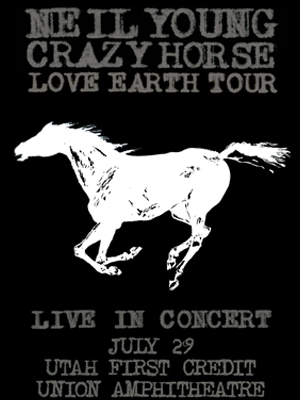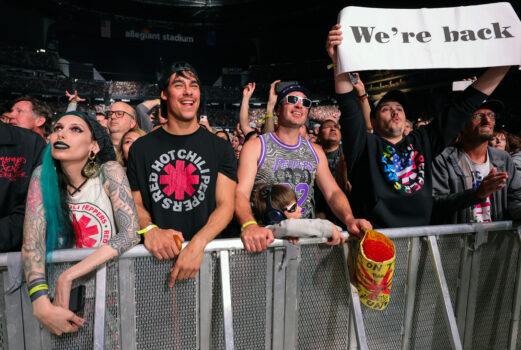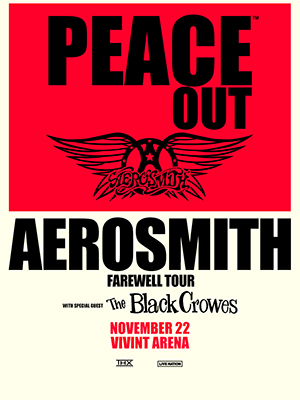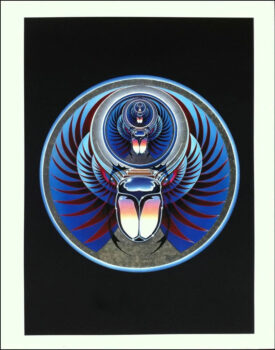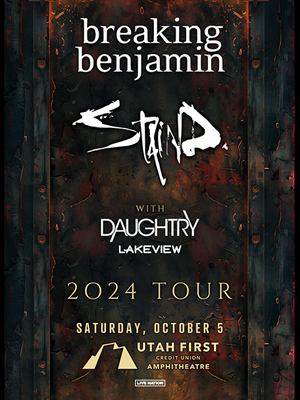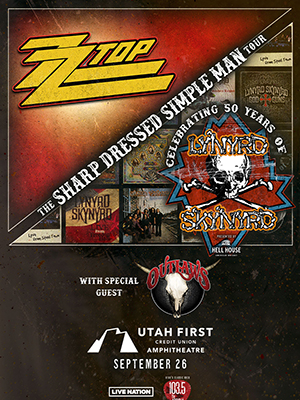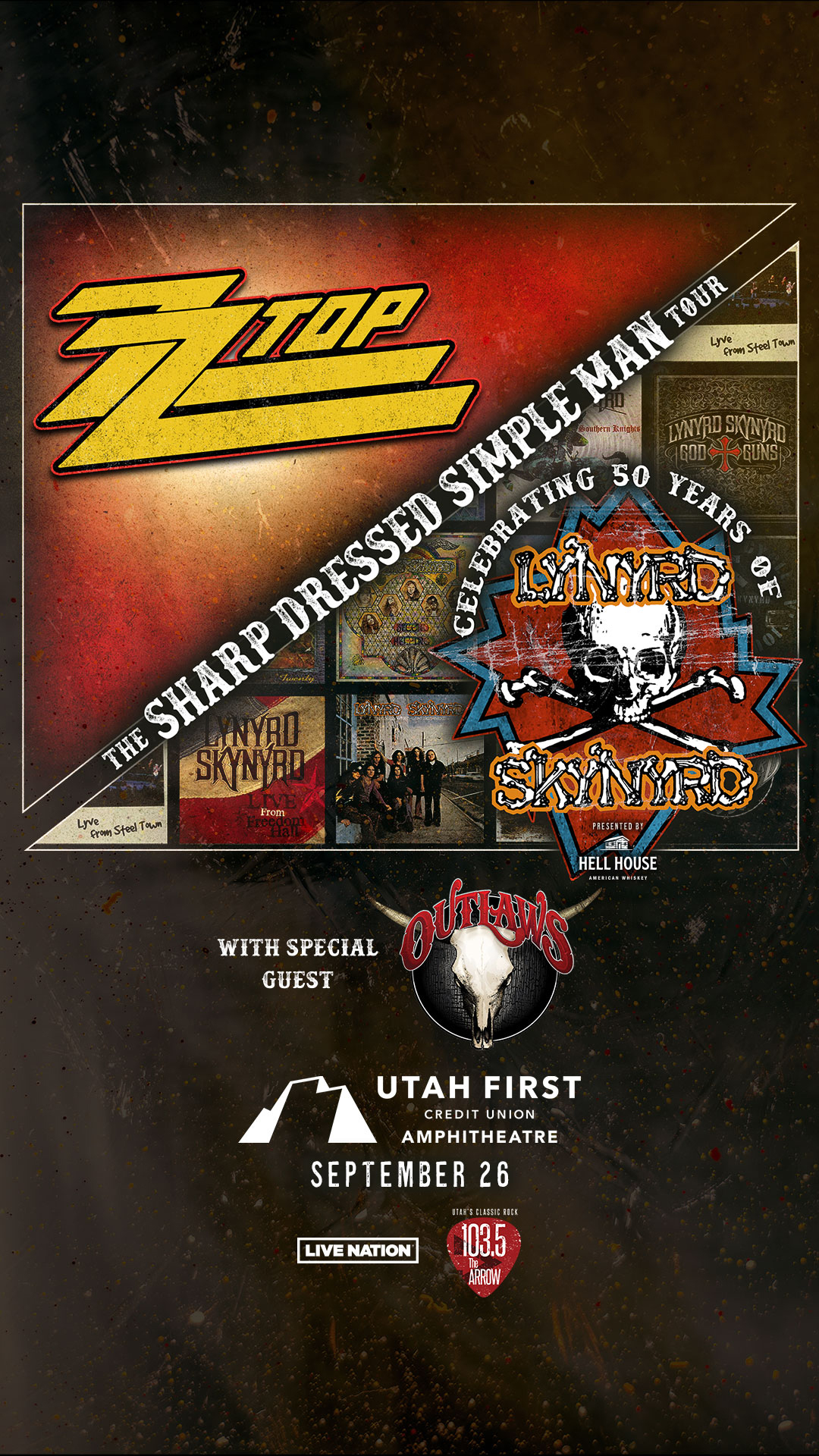Classic Songs to Celebrate Juneteenth
By bonneville on June 16, 2023
Juneteenth marks the celebration of the dismantling of chattel slavery in the United States. On June 19, 1865, slaves in Texas were informed of their freedom by Union soldiers led by Major General Gordon Grange. This was 2 years after the passage of the Emancipation Act in 1863 and 2 months after the Confederacy surrendered on April 9, ending the Civil War. At the time, around 4 million people were enslaved domestically.
After that, each region celebrated the end of slavery on different days, but the celebrations that started in Galveston, Texas, began to grow year after year. Over 100 years later, Texas would become the first state to declare June 19 a state holiday in 1980. Utah formally recognized Juneteenth as a state holiday during the 2022 legislative session after the passage of HB 238, though it was informally recognized in 2016 with the passage of HB 338. In 2021, Juneteenth became a federal holiday.
Juneteenth Jubilee is a celebration of song, dance, and food. Black spirituals such as “Go Down Moses,” “Many Thousands Gone,” and others were sung at the first Jubilee in 1866, with a fireworks display on par with Fourth of July celebrations. For African Americans, this is their independence day.
The spirit of Juneteenth honors the history of those who were enslaved and the continued struggle for freedom from oppression that many Black Americans continue to face. Songs sung by slaves were an act of protest and a way to transcend the realities of the horrors they faced. To honor the day, we highlight a few songs that both celebrate and uplift this history.
Check out the upcoming Juneteenth Festival events to celebrate this holiday from the Utah Division of Cultural Affairs. Featured celebrations include music performances, film screenings and discussions, a parade, storytelling workshops, and more.
James Brown – Say it Loud (I’m Black and I’m Proud)
This song was released in 1968 during the peak of civil rights actions across the country, and has since become one of Brown’s most iconic songs. Brown wanted to encourage Black people to stand up for their rights and be proud of who they were. The call-and-response style became a fixture of Brown’s style and inspired a generation of funk.
Curtis Mayfield – Power to the People
Mayfield released this song in 1970 as a demo on his album, “Curtis.” It sits among many in his repertoire of civil rights anthems, including “Keep On Pushin” and “People Never Give Up” to inspire people to stand up for liberty and justice in the face of oppression.
Muddy Waters – Mannish Boy
Waters originally recorded this song in 1955 as a response to Bo Diddley’s “I’m a Man.” In the South where Waters grew up, Black men were often called “boys,” so this song was written as an assertion of his manhood. It was later sampled in George Thorogood’s “Bad to the Bone.”
Sly and the Family Stone – Everybody is a Star
Written in 1969, this song celebrates everyone and encourages people to be exactly who they are instead of changing themselves – especially Black people. Sly, his siblings Freddie Stone and Rose Stone, and Larry Graham share lead vocals in this to reinforce the message that everyone is special in their own way.
Jimi Hendrix – Machine Gun
“Machine Gun” notes a departure from Hendrix’s songs, which prior to this release, were mostly about spirituality or love. The song is told from the perspective of a soldier trapped in war and was dedicated to the “troops” fighting for rights and equality in Chicago, Milwaukee, New York, and Vietnam.
Stevie Wonder – Black Man
In this song, Wonder highlights the contributions of Black and other people of color to the founding of the country and the development of technology, medicine, and more. He sings a pledge of allegiance to the US, but with a message that liberty and justice must be given to all men. It was released in 1976, the bicentennial of the US founding, with a plea to learn from our history so we do not repeat the mistakes of the past.
Paul Robeson – Go Down Moses
This is a popular African American spiritual that covers the Hebrew exodus, which was the runaway of enslaved Israelites to gain freedom from their bondage in Egypt. The earliest written record of it appeared in 1862, though this song was well-known among slaves in the US before then.
Marvin Gaye – What’s Going On
This anti-war song, written by Gaye, was inspired by the stories his brother told him when he came back from the Vietnam War. It was a plea for peace and an expression of grief and frustration with his role as an industry performer. Gaye wanted to make a statement as an artist in spite of skepticism from Motown management. When it was released, it quickly topped the charts and became a worldwide hit.
Mingus Big Band – Fables of Faubus
This song was originally written in 1959, but Columbia Records refused to release the version with lyrics. Instead, an instrumental version was released on his album titled “Mingus Ah Um.” It was later remastered by the independent label Candid in 1960 and featured on “ Charles Mingus Presents Charles Mingus” with the lyrics included.
“Fables of Faubus” was a protest song against the segregationist and governor of Arkansas, Orval E. Faubus. In 1957 he sent the National Guard to prevent integration at Little Rock Central High School, known as the Little Rock Crisis.
Abbey Lincoln – Triptych: Prayer, Protest, Peace
This selection is one of five featured on the 1961 album “We Insist! Max Roach’s Freedom Now Suite” from Candid Records. The music contains selections about the Emancipation Proclamation and was performed only by Max Roach and singer Abbey Lincoln, with a guest appearance by Coleman Hawkins on the saxophone. It was selected by the Library of Congress for preservation in 2022 for its cultural and historical significance.
“Triptych” is the third selection and is split into three sections. Though political in theme, it is a wordless duet between Lincoln and Roach. It features guttural vocals and percussive screaming in a call-and-response style, which would later influence the rise of punk music.
Related articles:

